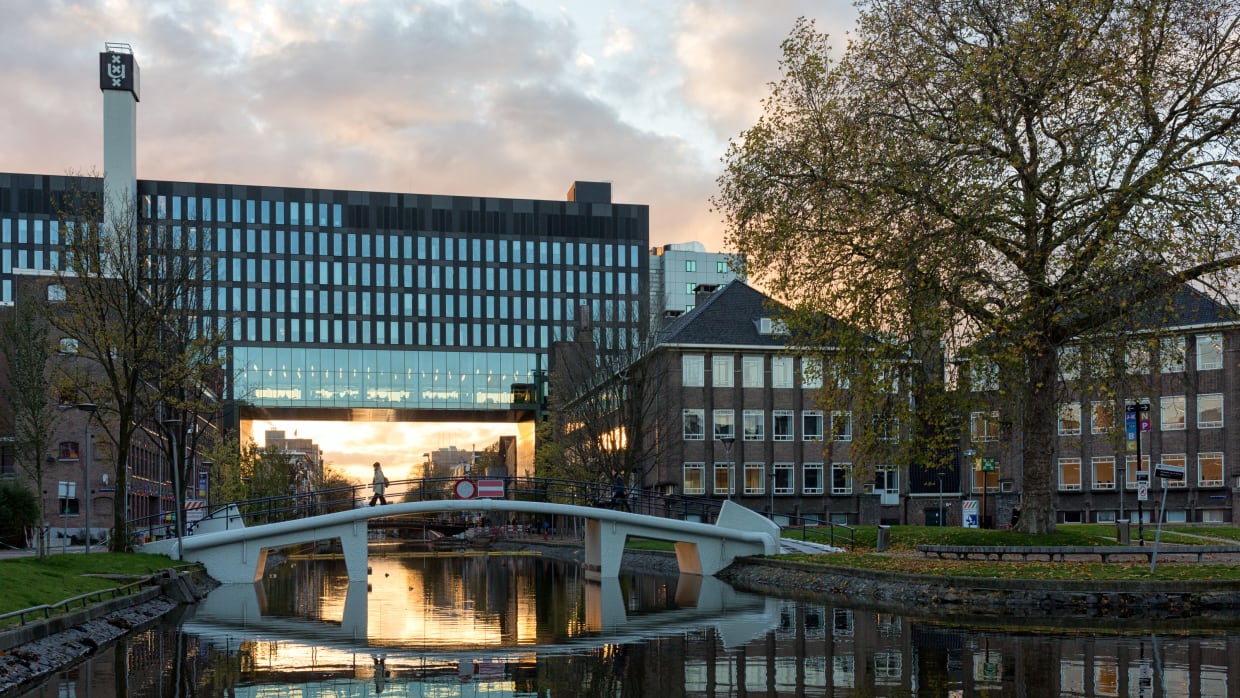I am on my last week as a research intern at Centre for Politics and Communication. For many people, CPC may not sound so familiar. But actually, all second and third year students studying communication science at UvA had at least one contact with this place. To give you a hint: my office was at the 8th floor of REC-C building. Yes, CPC is a research centre led by UvA professors in political communication department. The director of CPC is Claes de Vreese, who is also a principal investigator of the research project I took part in as an intern.
Currently, CPC is conducting research on various topics, such as media effects, politics and emotions, framing effects, to name just a few. Within CPC, I took part in the “ERC Europinions project” as a research intern. To briefly explain about the project, Europinions focuses on the causes and consequences in public opinion about the European Union. The role of media receives a special attention as a key for the antecedent of change in public opinion. If you are interested in the project, you can find more information here.
My task as a research intern was mainly about content collection and distribution. From November 2018 to June 2019, I gathered newspapers, online news, and TV news data from 35 publications across 5 EU countries, including the Netherlands, Spain, Denmark, Hungary, and Germany. For each round of data collection period, I gathered newspapers from databases (such as LexisNexis), scrapped online news from publications using search strings, and screen-recorded TV news. After collecting data, I coded each datum, indicating the country, news outlet, and download number. Then, I systematically sampled the data and created a coding package. In the final step, I distributed the coding package to each student coder, who later coded the news data following the codebook. Although it sounds quite simple, the task was rather complicated, since I had to deal with a large amount of international data. There were series of unexpected circumstances; for instance, some news outlets made their online news unavailable after a week. In the beginning phase of the internship, I did not know this and could not collect some of the data. Or, sometimes the screen recording program crashed and an hour of recorded data were gone. Fortunately, as the internship proceeded, I learned how to deal with such irregularities and adapted to the situation better.
Working as a research intern at ERC Europinions project was a valuable experience for me. Besides working with renowned professors and learning from them, I could see things “behind the scene”. Throughout the past 3 years in UvA, I had much opportunities to read scientific articles. By reading literature reviews and research reports, I could learn various theories and methodologies in the field. This internship served as a bridge to connect this theoretical knowledge with practical experiences. By partaking in a large scale research project and participating in data collection, I could see what is beyond the papers. Next to brainstorming ideas, struggling with SPSS, and double-checking APA citations, researchers also have to take care of big and small administrative tasks, such as hiring student assistants or receiving ethical approvals. These experiences have been really valuable for me, as I plan to become a professional researcher in the future.
For future interns, I would recommend working at CPC (sadly, the ERC Europinions project is ending soon, but there are other research projects!). Since the environment and members in CPC are very closely related to UvA, the working schedule and location are quite flexible, which helps take university courses besides the internship. The team members are also very welcoming. You will feel free to ask questions or present your opinions/suggestions for the research. Particularly for students who wish to build their career in research, internship at CPC will be a great opportunity.


